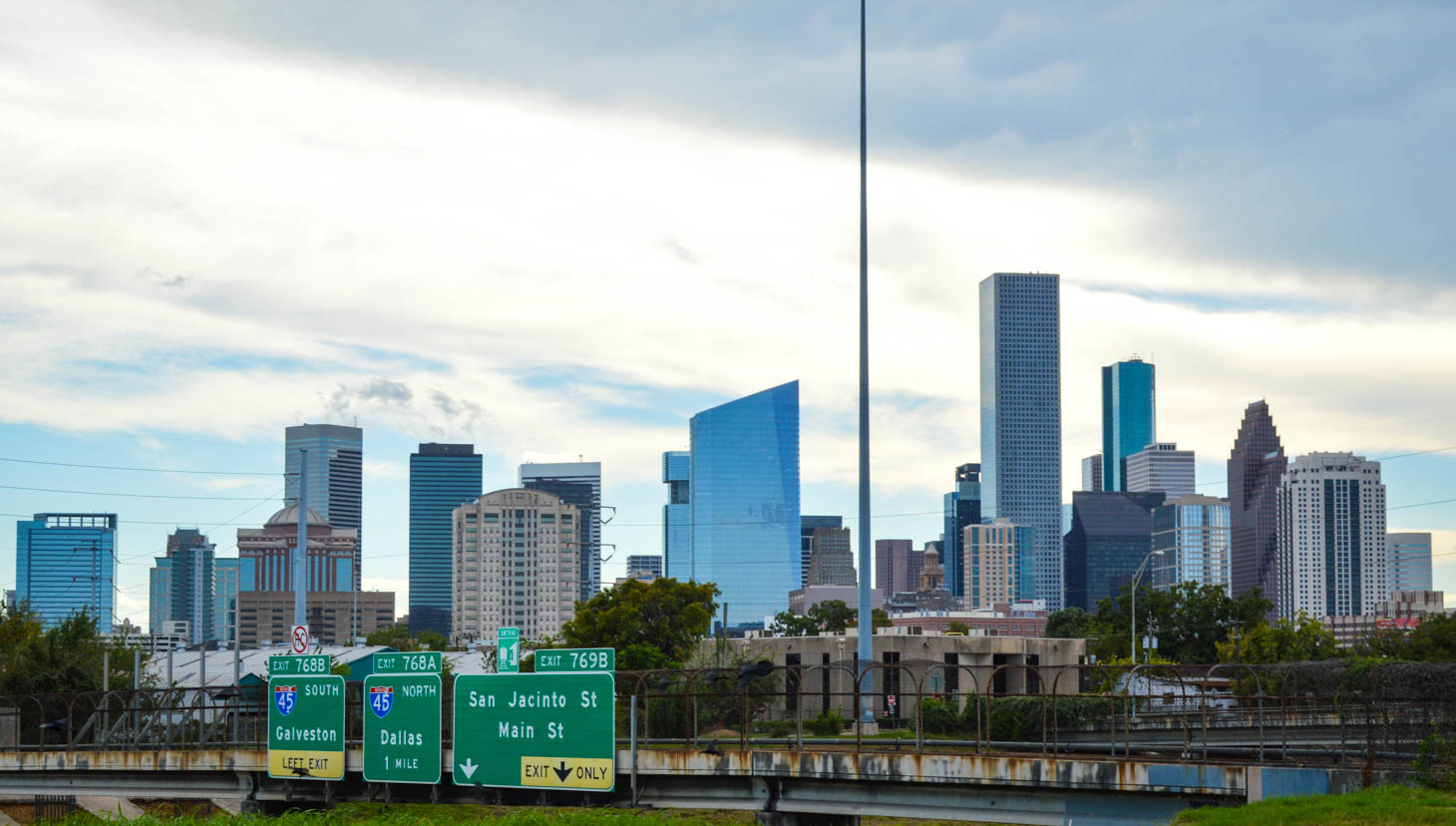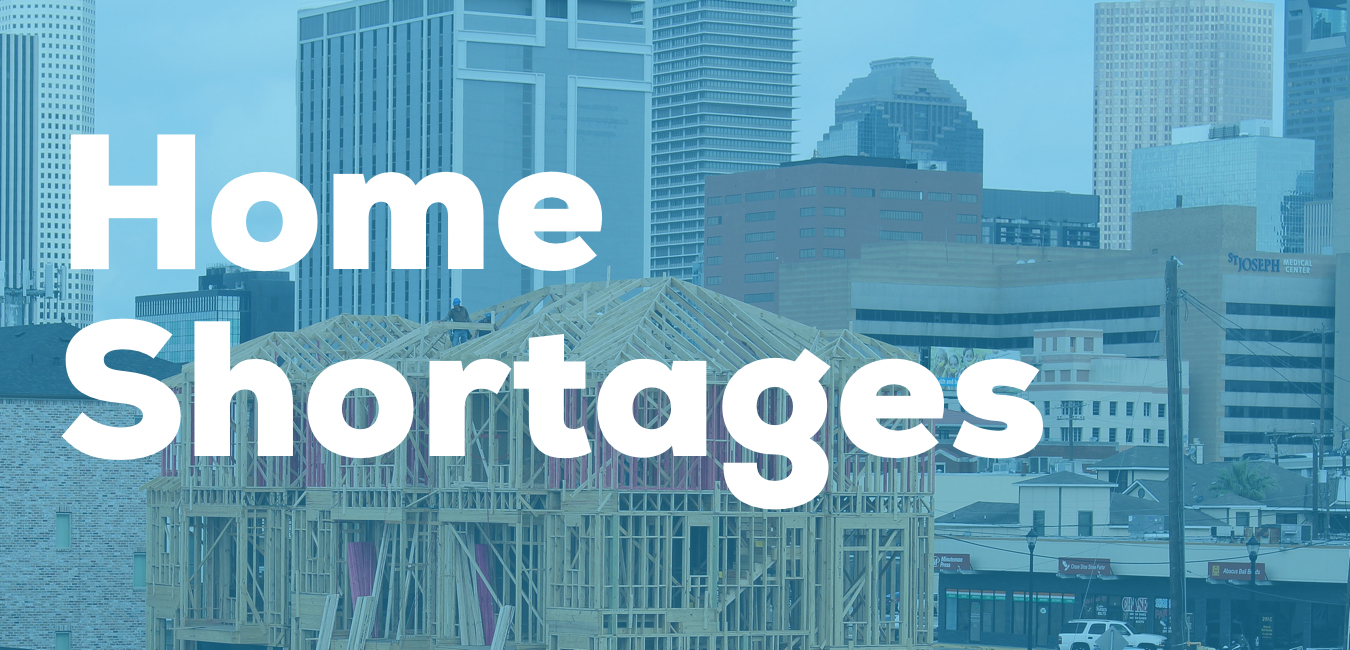Houston’s Growth
Houston, Texas and the Urban Growth Challenge

City Insight Houston Blog • Aug, 2017
Houston, according to data, happens to be the most populous city in the state of Texas and also the fourth most populous city in the United States. No thanks to a vibrant economy being influenced by a very large industrial base in manufacturing, energy, aeronautics and off course transportation; as a major player in the international water trade zone. In addition to all these, Houston happens to be home to more of the fortune 500 company headquarters than any other U.S. municipality within its reach
According to a report, a mix of good governance, wage growth and openness has led to an influx of new residents. In a year, Houston metropolitan area welcomed 159,083 new residents, more than any other city outside of Texas. Population projection growth also tips the city to overtake Chicago by 2025. Houston’s peculiarity is not only in its teeming population growth but in its entrepreneurial and business growth. Feeding on the demand for labor at all skill level and a lower tax rate compared to cities like New York and Boston, the city ranks high at the top of the Kauffman index, and has also become a new haven for existing companies outside its walls, as they arrive in their numbers. Between 2008 and 2014, a whopping 219 companies from California moved to or expanded in Texas.
A home to many middle and low class income earners, residents of the city can boast of a higher standard of living compared to their higher paid counterparts, in other cities making it suitable for new immigrants from across Latin America and Asia. About nearly a 100,000 black residents, since 2010 who left the west coast due to untenable rents and economic stagnation in the Midwest, decided to settle down in Houston.
Housing demands for cities with high population growth, pushes up market value of properties on demand hereby creating an explosion in housing cost which could be difficult to regulate. In 2016, home values at the mean in New York, Portland and San Francisco, increased by $188,000 but during the same period, Houston experiencing a population boom more than its contemporary, only increased by $9000 making it one of the most affordable city for renters.
A lot has been said about Houston’s all around growth but just like any other city in the world, urban growth is not without its own challenges. There is an increasing lack of preservation of places with rich historical and architectural importance, with some of these incredible landmark either being demolished or converted into a bus terminal.
Need not say much, one of the most challenging problem combating Houston today, is the unchecked urban sprawl. The fact that Houston has an affordable housing scenario is not a function of its top-down plans or strict land use regulation but rather it is as a result of a lack of it. Houston has some of the least restrictive land use regulations in the country creating a mixed zone and an increased rate of uncoordinated and unchecked property development at every corner. Several experts have linked Houston’s unchecked development to flooding problems with new neighborhoods being built in areas that cause existing neighborhoods to flood. Aside from the sprawl is the typically endless traffic. Houston’s transportation planning fell short. Building freeways and expressways combined with street width and parking policies has created a city, largely dependent on the automobile.
Houston is no doubt shaping out to be the most sought after destination for all, but there is a need to control and regulate development otherwise by adopting great policies and regulations that will make it a better city for residents. With all this in mind, we must also protect the uniqueness that made Houston a choice destination for all.




